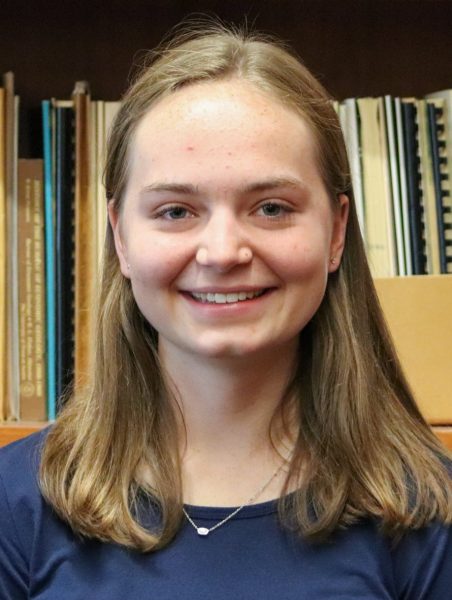NextStep Geosciences
Conduct exciting new research. Receive one-on-one mentorship from scientists at the top of their field. Gain vital professional skills you can put to use right away. Join the NextStep Geosciences Program!
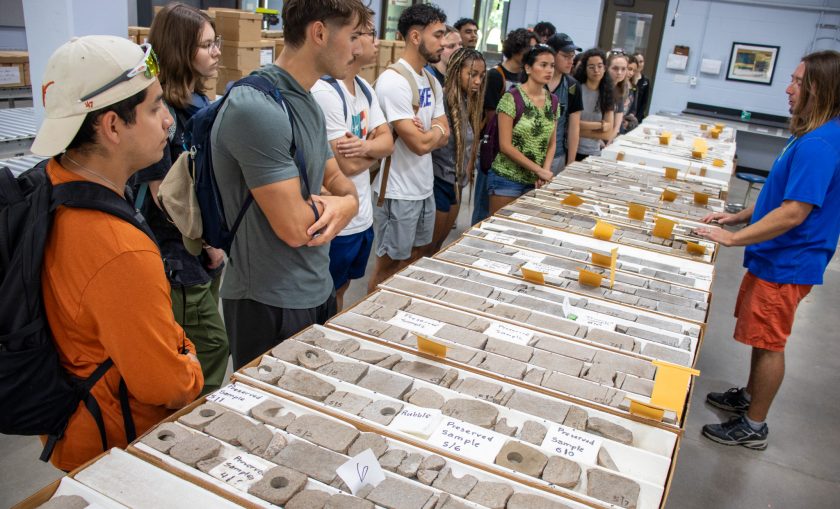
Embark on a transformative journey of geosciences exploration and professional development with NextStep Geosciences, a paid nine-week immersive experience for STEM undergraduates and recent graduates hosted at The University of Texas at Austin’s Jackson School of Geosciences. By the end of the program you will have conducted independent research, produced a research poster presentation and abstract, and developed the professional skills necessary in all STEM fields.
Not studying the geosciences? Not a problem. Come learn how some of the world’s most interesting scientific and societal challenges are being tackled in this field.
The application period for NextStep Geosciences Summer 2026 is now closed. Please come back next year!
Informational Meeting: Jan. 13, 2026, 11 a.m. – 12 p.m. CST.
Application Opens: Oct. 8, 2025
Application Closes: Feb. 6, 2026
Notification Date: Three weeks after application closure
Program Duration: May 31, 2026–Aug. 1, 2026
Conference Information Booths: We will be part of the Jackson School of Geosciences booth at GSA Connects 2025 (Oct. 19-22) and AGU Annual Meeting (Dec. 15-18).
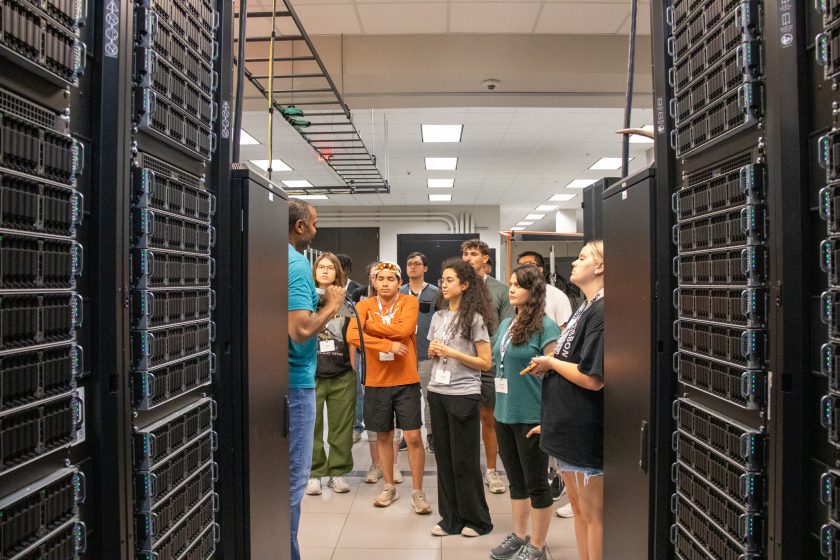
Program Overview
For nine weeks each summer, NextStep Geosciences participants live and work at UT Austin, engaging in a collaborative research experience during which they will:
- Conduct independent hands-on research in a geosciences specialty guided by a mentor from the Jackson School of Geosciences. (Explore 2024 and 2023 projects.)
- Participate in comprehensive short courses covering data analytics, digital tools, and Python programming for the geosciences.
- Attend weekly group workshops to advance research and professional skills, including how to write an abstract, presentation techniques, stress management, and completing graduate school applications.
- Learn about both academic and non-academic geosciences professions to help determine your future career path.
As a NextStep Geosciences participant, you will be awarded:
- Up to $6,000 in financial compensation.
- Summer housing and transportation to and from Austin, Texas.
- Financial support for meals.
- Access to essential information, technology, laptops, software, and the UT library system.
- Access to ongoing support for educational and professional development.
Potential Research Subjects
- Climate and the environment
- Energy geosciences
- Marine geosciences
- Planetary sciences
- Geobiology
- Solid earth and tectonic processes
- Surface and hydrological processes
- And much more!
Is NextStep Geosciences for me?
Students must be enrolled as undergraduates in good standing at a U.S. college or university and plan to complete a degree majoring in the geosciences or other STEM fields, such as computer science, engineering, mathematics, chemistry, biology, or physics. NextStep Geosciences seeks participants from various backgrounds, including students attending two-year colleges with transfer plans, first generation college students, and individuals with non-traditional paths, such as parents and military veterans.
Preferences/Additional Notes
- No prior experience with computation, programming or research is required.
- International students at U.S. institutions are welcome to apply, though certain positions may have U.S. citizenship restrictions.
- Participants typically maintain a GPA above 3.0.
- Priority is generally given to students from universities other than UT Austin.
Application Process
Applicants will complete an application form, which includes:
- A brief explanation of their technical background and research experience
- Three short essays (200-350 words each) answering the following questions:
- Why does NextStep Geosciences appeal to you? What are your scientific interests and how do they relate to your educational and career goals?
- Please describe a few examples from your own experiences (academic or job-related) that show you can succeed in NextStep Geosciences. Describe your relevant skills that will help you succeed in the program.
- Please describe how you, based on your personal background and life experiences will contribute to this mission during and after participation in NextStep Geosciences. What impact do you think participation in NextStep Geosciences could have on your future?
- Official or unofficial transcript(s) (multiple if transferred)
- A resume
- Contact information for a reference who has agreed to write you a letter of recommendation. (Contact this individual early to give them ample time to complete the recommendation. We suggest you speak or write directly to your reference before submitting their name for the NextStep Geosciences application.)
Start the 2026 NextStep Geosciences application here.
For further information or to express your interest, please contact nextstepgeo@jsg.utexas.edu.
Testimonials
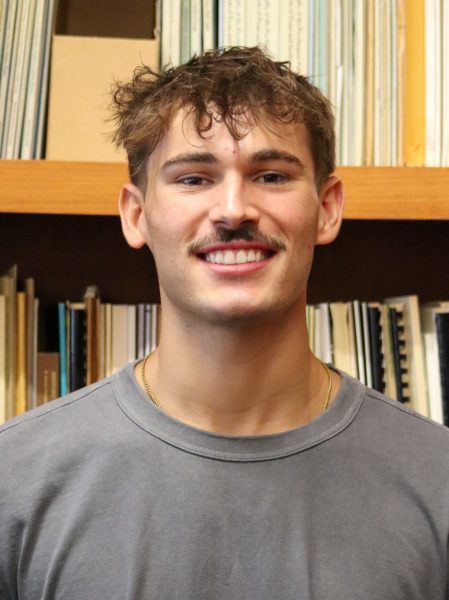
“I knew I wanted to find a way to blend technology and environmental sciences to pursue as a career, but I didn’t know exactly how I was going to do that. And being here, and especially being with my mentor Hassan Dashtian, showed me how remote sensing can be a career path.”
Pasquale Arnone, Coastal and Environmental Science
“Professionally, the connections I have gained here and the work I hope to continue doing with this university are things I couldn’t have gotten anywhere else. I am incredibly grateful to have had this opportunity to be able to make connections and meet people and talk about their research. These are skills I am going to use forever.”
Alissa Ferguson, Earth, Environmental, and Planetary Sciences
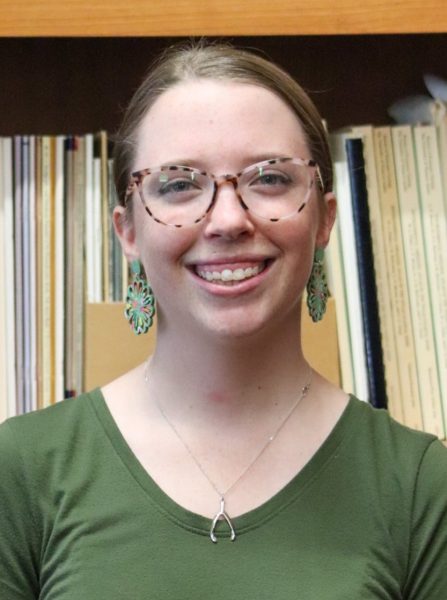
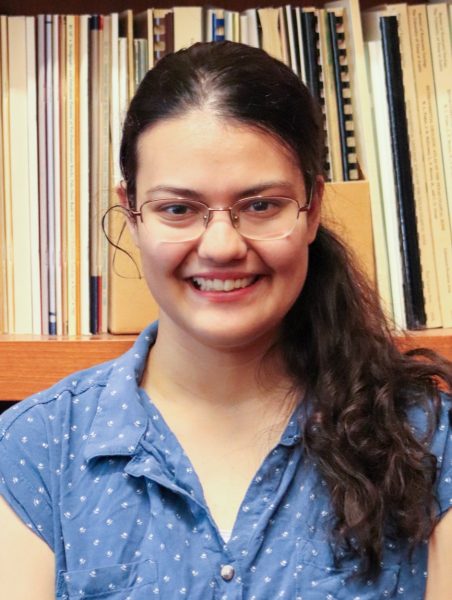
“This experience has definitely made me more comfortable with graduate school. Due to the amount of workshops and research scholar programs we attended, I learned a lot about what to expect. I learned about paper writing and conferences, and I think that’s valuable information to know beforehand.”
Melissa Unlu, Computer Science
“I got to work with data that wasn’t just theoretical — I was working on an actual project. And being able to work with people, communicate and actually apply it to real-world situations definitely helped me grow.”
Neal Willis, Computer Science
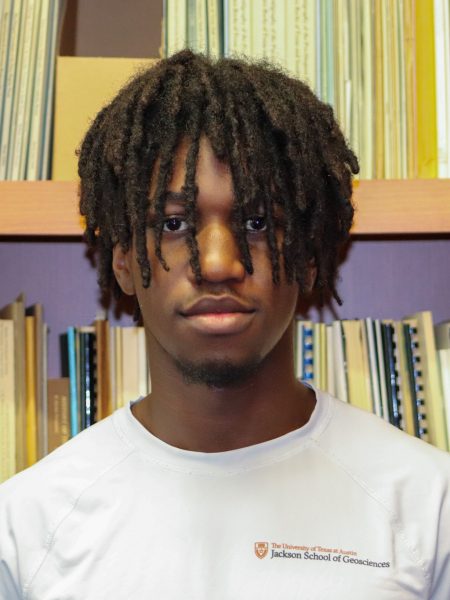
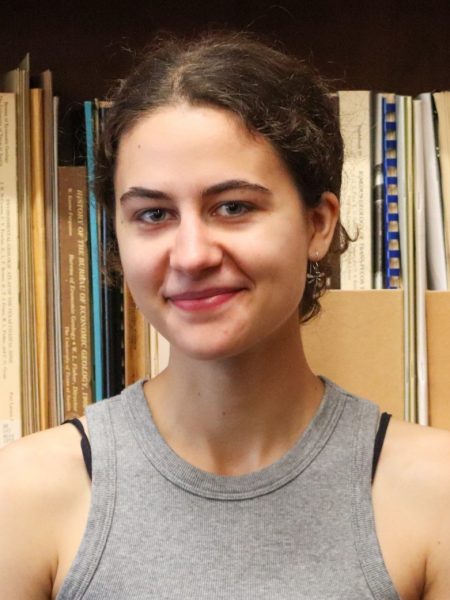
“This program has really made me consider more deeply the different paths you can take as an adult, what you can use your degree for and the kinds of connections you can make.”
Miko Lehnert, Earth Science
“I want to go to graduate school for data science and I’m looking into studying geology. I learned how amazing it is to step outside of my home institution and get to experience different cultures and go to different places for academic success.”
Rachel Kramer, Applied Mathematics and Statistics
